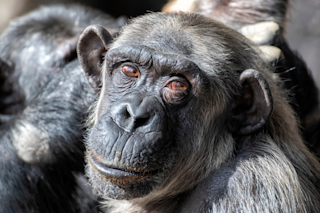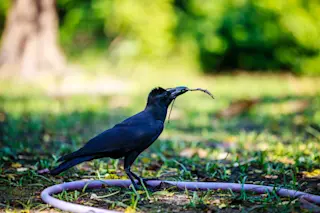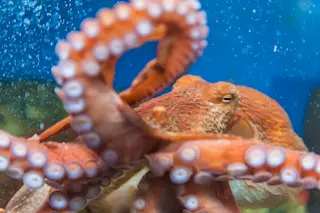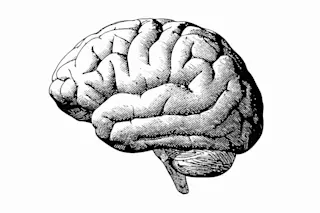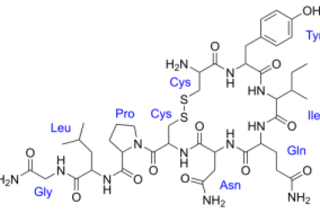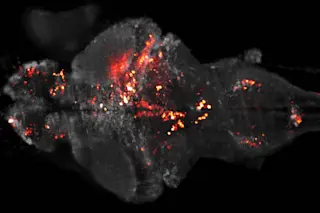I remember the specific moment when I was 13 that I became aware of the 1950s hit "Why Do Fools Fall in Love" by Frankie Lymon & The Teenagers. I'm rather sure I heard it before, but it didn't penetrate my consciousness. But as we all know puberty changes things, and the idea of love becomes more comprehensible. As I've grown older I've also started to ponder the lyrics a bit more. Not out of any sense of sensitivity toward music criticism, but because of the evolutionary implications. Here are some relevant sections:
Why do fools fall in love? Why do birds sing so gay? And lovers await the break of day Why do they fall in love? ... Love is a losing game Love can a be shame I know of a fool ... And lovers await the break of day? ... Why does my heart skip a crazy ...


